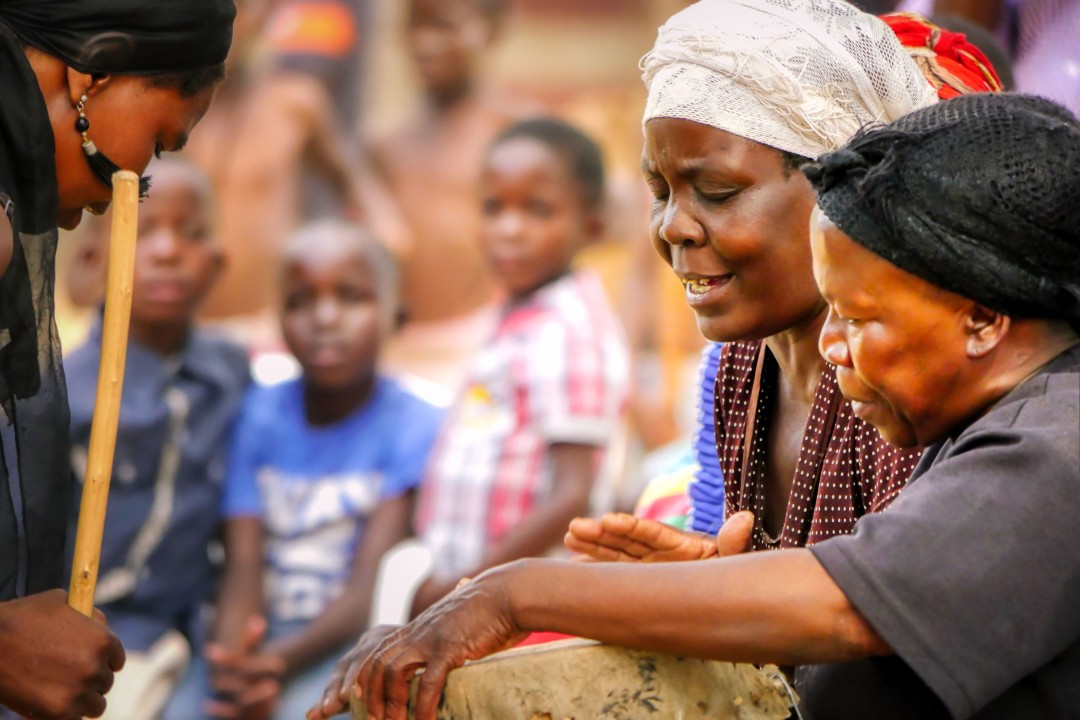allureaestheticsazflagstaff.com – Zimbabwe, a landlocked country in Southern Africa, is a tapestry of diverse cultures and languages, each playing a crucial role in defining the nation’s identity. The linguistic landscape of Zimbabwe is not just a tool for communication but a profound marker of cultural heritage and social cohesion.
Linguistic Diversity
Zimbabwe’s official languages are English and indigenous languages such as Shona and Ndebele. Shona, spoken by the majority of the population, is divided into several dialects including Zezuru, Kalanga, Manyika, and Ndau. Ndebele, spoken by approximately 20% of the population, also has its distinct dialects. This linguistic diversity reflects the country’s rich ethnic tapestry, which includes the Shona, Ndebele, Tonga, Chewa, and Venda among others.
Historical and Cultural Significance
Language in Zimbabwe is deeply intertwined with the country’s historical and cultural heritage. Before colonization, language was a primary identifier of community and way of life. The colonial era introduced English, which became the lingua franca in government, business, and education, further shaping the cultural landscape.
The struggle for independence and the subsequent political changes also influenced the role of language. English, while dominant, coexists with indigenous languages, each serving different societal functions. This dual linguistic system is a testament to Zimbabwe’s complex history and its efforts to balance modernity with tradition.
Challenges and Changes
Despite its importance, language in Zimbabwe faces challenges. The younger generation, influenced by globalization and urbanization, may be less fluent in their native tongues, leading to a potential loss of cultural identity. This shift is part of broader social changes, where traditional practices and values are being challenged by modern lifestyles and global influences.
Preservation and Evolution
Recognizing the importance of language in maintaining cultural identity, Zimbabweans are taking steps to preserve their linguistic heritage. Efforts include language education in schools, cultural festivals, and media that promote indigenous languages. These initiatives not only help in preserving the linguistic diversity but also in fostering a stronger sense of national identity.
Conclusion
In conclusion, language in Zimbabwe is not just a means of communication but a vital component of the country’s cultural identity. It reflects the nation’s rich history, diverse ethnic groups, and ongoing efforts to balance tradition with modernity. As Zimbabwe continues to evolve, the role of language will remain pivotal in shaping its cultural landscape and ensuring the continuity of its heritage for future generations.
